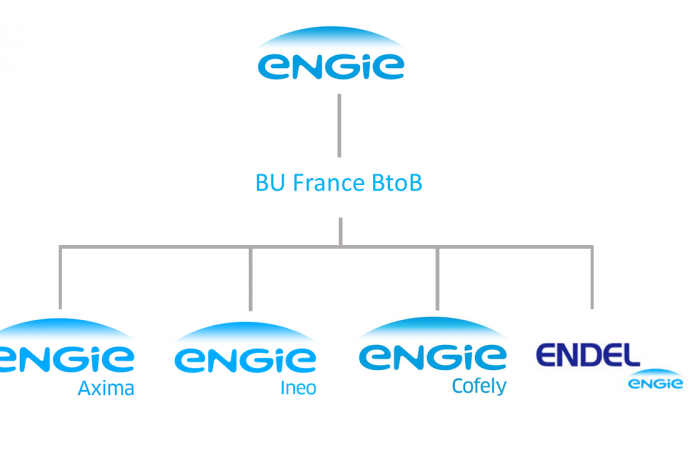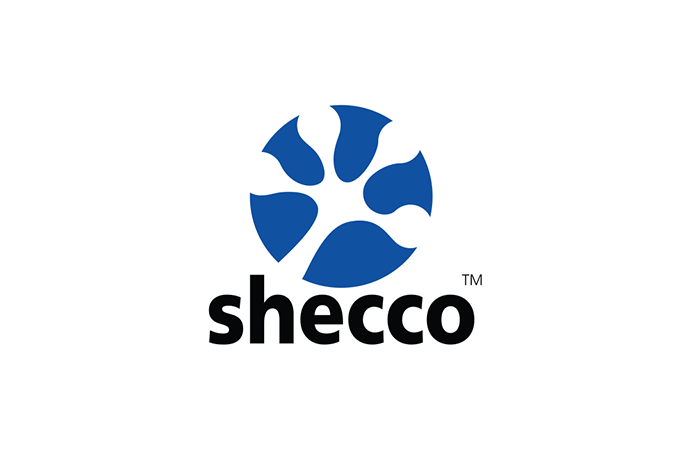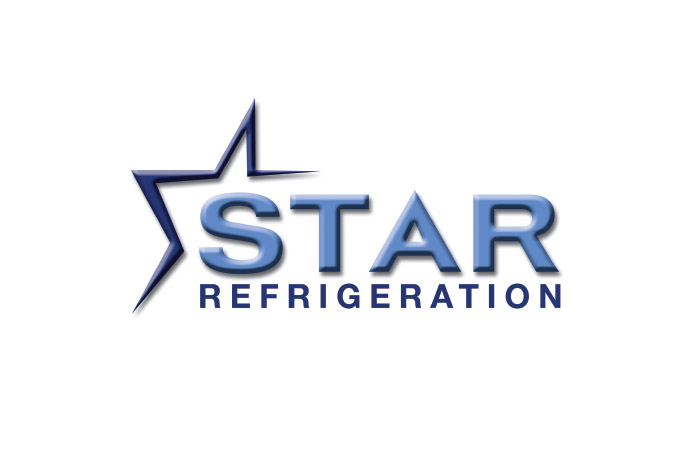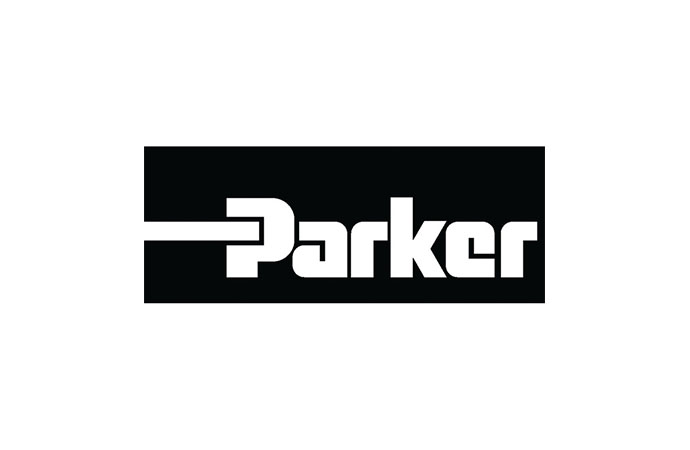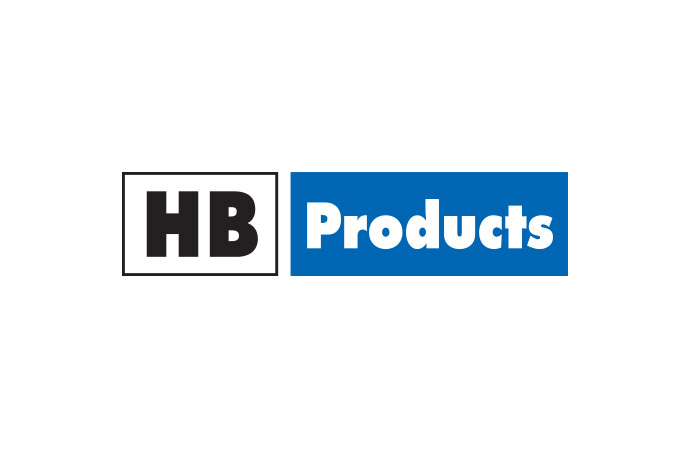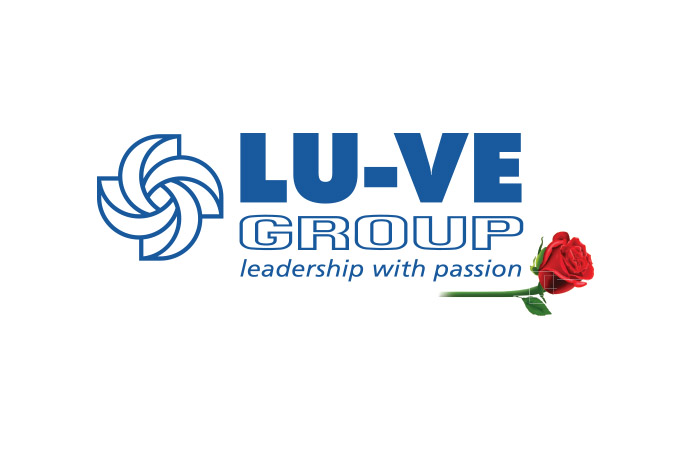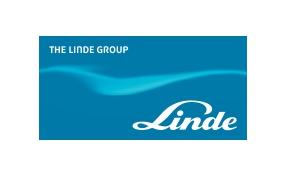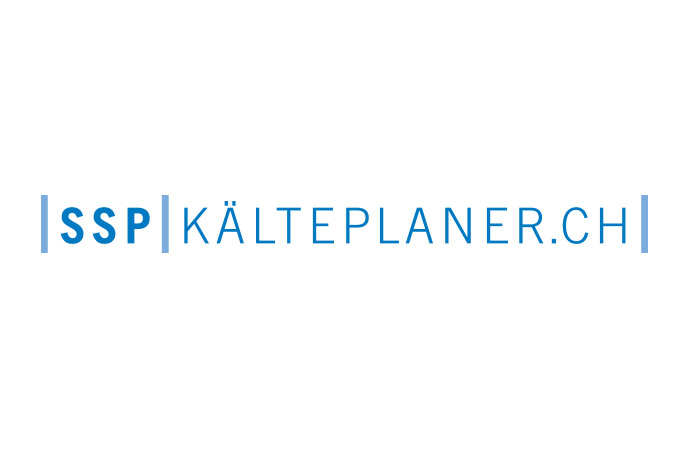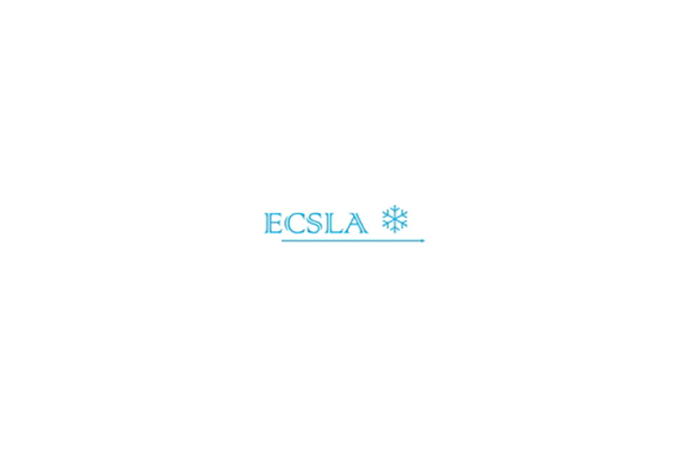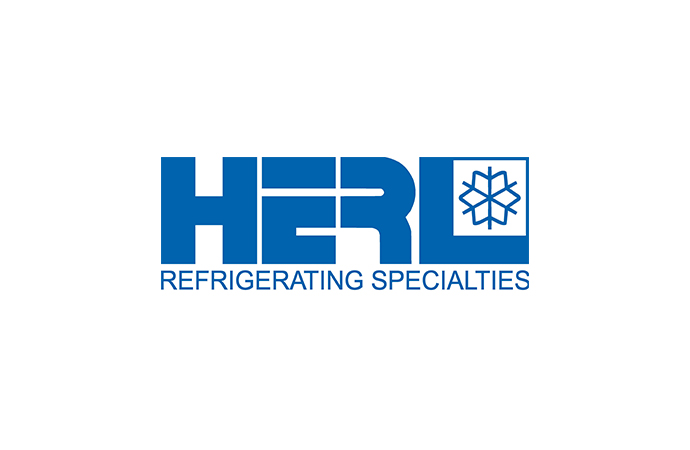Canada’s national industry association for geothermal heat pump technology has released a report that for the first time depicts comprehensively the Canadian geothermal heat pump industry, the economic activity of which has been estimated in excess of $500 million (€367 million) in 2009.

According to the “The State of the Canadian Geothermal Heat Pump Industry 2010 – Industry Survey and Market Analysis” report issued by the Canadian GeoExchange Coalition (CGC), the market for ground source heat pumps grew by more than 40% in 2005 over 2004 and by more than 60 % annually in 2006, 2007 and 2008. In 2009 and despite the economic crisis, the market continued to grow though at a much lower rate (5%).
This unparalleled growth coincides with a threefold increase in oil prices between 2005 and 2008, as well as various grant and financial assistance programmes deployed by utilities, as well as regional and the federal governments.
Number of installed units and capacity
The CGC estimates that a little over 15,643 geothermal heat pumps were installed in Canada in 2009 in the residential, commercial and industrial sectors combined. This compares to 14,879 units in 2008 and 9,284 units in 2007. The total capacity of the units installed is estimated to be slightly less than 35,000 tons in 2007 and over 60,000 tons in 2008 and 2009.
Residential versus commercial and industrial installations
The breakdown of units installed between the residential sector on the one hand, and the commercial and industrial sector on the other, has roughly been 50-50 in recent years (55-45 in 2009). An estimated 8,604 units were installed in the residential sector as opposed to an estimated 7,039 units in the commercial and industrial sectors.
In accordance, industry revenues for the design and installation of residential geothermal systems alone (including cost of heat pump, drilling, equipment as well as design, installation and commissioning) represented a total volume of approximately $220 million (€161.6 million) in 2009 compared to just $32 million (€23.5 million) in 2003. When the sales in the commercial and industrial sector are also considered, the total economic activity of the Canadian geothermal industry in 2009 has been estimated to be in excess of $500 million (€367 million).
Residential new built vs retrofit or replacement
Regarding residential installations, the following shares have been observed in terms of types of installations in 2009:
Closed horizontal loops dominating residential installations
In terms of system types the following shares have been observed for 2009:
When all loop types are considered, the average geothermal heat pump system price for Canada is $24,455 (€17,963). On average, a closed loop horizontal system is sold for $23,941 (€17,584) and a closed loop vertical system for $28,003 (€20,567). The average system price on a per ton basis increased 4.7% between 2008 and 2009 for closed horizontal loop systems and by 7.3% for closed vertical loop systems.
Market shares and structure
In terms of manufacturers, the Canadian geothermal market is a highly concentrated one with the largest manufacturers located in the United States. The top three geothermal heat pump brands capture more than 82% of the market, while the top ten brands account for 93.2%. Of the top ten brands by market share, only three are manufactured in Canada.
In terms of installers, the top ten installation companies in Canada are responsible for 25% of all residential installations. Overall 25 installation companies capture 40% of the residential market in Canada but very few compete with each other, as they are mostly located in different regional markets.
Training
Between February 2007 and June 2010 the CGC has trained 2,968 installers, 1,368 residential designers, 125 commercial designers and 44 municipal inspectors through a network of training partners and independent trainers. Moreover, as part of its market transformation initiative, the CGC has created its Academic Network, a group of colleges and public institutions with whom the CGC has signed MOUs, and whereby the colleges offer standardised training.
This unparalleled growth coincides with a threefold increase in oil prices between 2005 and 2008, as well as various grant and financial assistance programmes deployed by utilities, as well as regional and the federal governments.
Number of installed units and capacity
The CGC estimates that a little over 15,643 geothermal heat pumps were installed in Canada in 2009 in the residential, commercial and industrial sectors combined. This compares to 14,879 units in 2008 and 9,284 units in 2007. The total capacity of the units installed is estimated to be slightly less than 35,000 tons in 2007 and over 60,000 tons in 2008 and 2009.
Residential versus commercial and industrial installations
The breakdown of units installed between the residential sector on the one hand, and the commercial and industrial sector on the other, has roughly been 50-50 in recent years (55-45 in 2009). An estimated 8,604 units were installed in the residential sector as opposed to an estimated 7,039 units in the commercial and industrial sectors.
In accordance, industry revenues for the design and installation of residential geothermal systems alone (including cost of heat pump, drilling, equipment as well as design, installation and commissioning) represented a total volume of approximately $220 million (€161.6 million) in 2009 compared to just $32 million (€23.5 million) in 2003. When the sales in the commercial and industrial sector are also considered, the total economic activity of the Canadian geothermal industry in 2009 has been estimated to be in excess of $500 million (€367 million).
Residential new built vs retrofit or replacement
Regarding residential installations, the following shares have been observed in terms of types of installations in 2009:
- 57% in existing buildings in 2009, compared to 40% in 2005
- 30% in new homes in 2009, compared to 47 % in 2005
- 13% were system replacements (replacement of an existing ground source heat pump by a new one) in 2009
Closed horizontal loops dominating residential installations
In terms of system types the following shares have been observed for 2009:
- Closed, vertical loop: 34.1%
- Closed, horizontal loop: 52,5%
- Closed, pond / lake loop: 5,1%
- Open loop, discharge to well: 4,7%
- Open loop, discharge to surface: 1,4%
- Direct expansion: 2,2%
When all loop types are considered, the average geothermal heat pump system price for Canada is $24,455 (€17,963). On average, a closed loop horizontal system is sold for $23,941 (€17,584) and a closed loop vertical system for $28,003 (€20,567). The average system price on a per ton basis increased 4.7% between 2008 and 2009 for closed horizontal loop systems and by 7.3% for closed vertical loop systems.
Market shares and structure
In terms of manufacturers, the Canadian geothermal market is a highly concentrated one with the largest manufacturers located in the United States. The top three geothermal heat pump brands capture more than 82% of the market, while the top ten brands account for 93.2%. Of the top ten brands by market share, only three are manufactured in Canada.
In terms of installers, the top ten installation companies in Canada are responsible for 25% of all residential installations. Overall 25 installation companies capture 40% of the residential market in Canada but very few compete with each other, as they are mostly located in different regional markets.
Training
Between February 2007 and June 2010 the CGC has trained 2,968 installers, 1,368 residential designers, 125 commercial designers and 44 municipal inspectors through a network of training partners and independent trainers. Moreover, as part of its market transformation initiative, the CGC has created its Academic Network, a group of colleges and public institutions with whom the CGC has signed MOUs, and whereby the colleges offer standardised training.
MORE INFORMATION
Related stories


